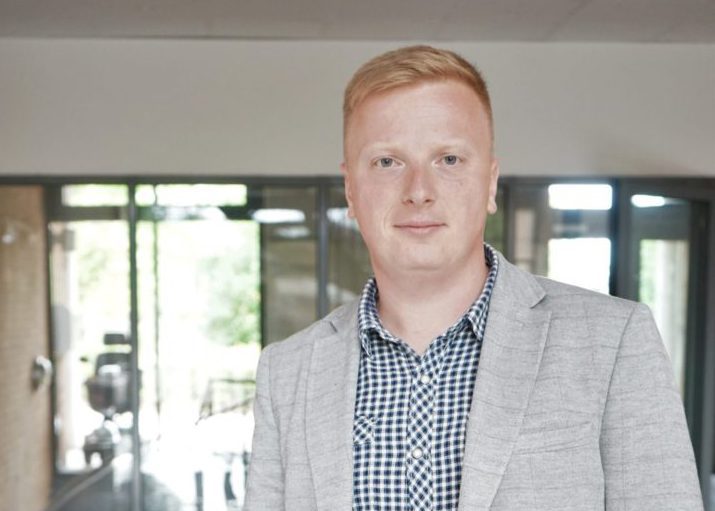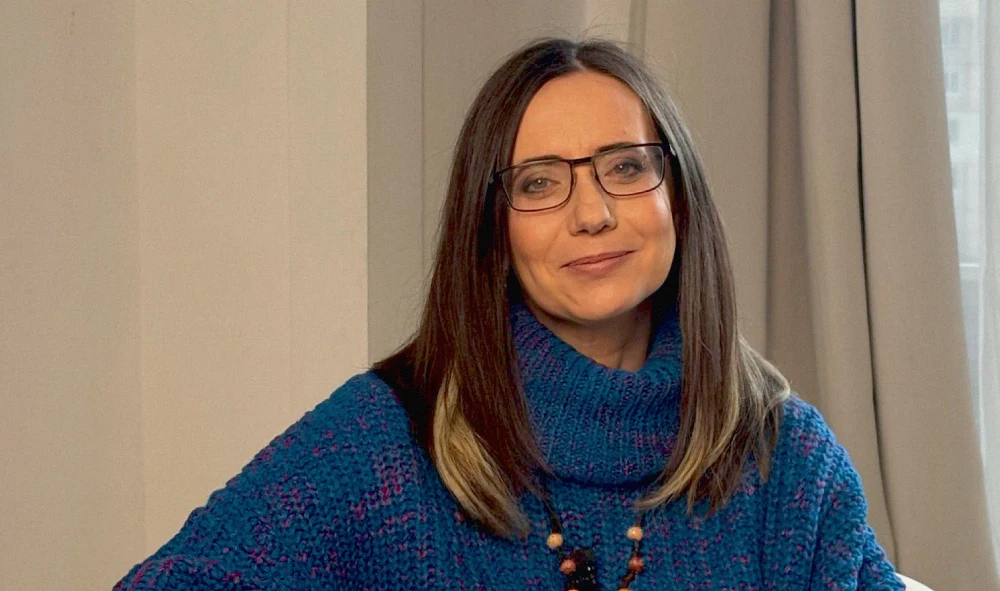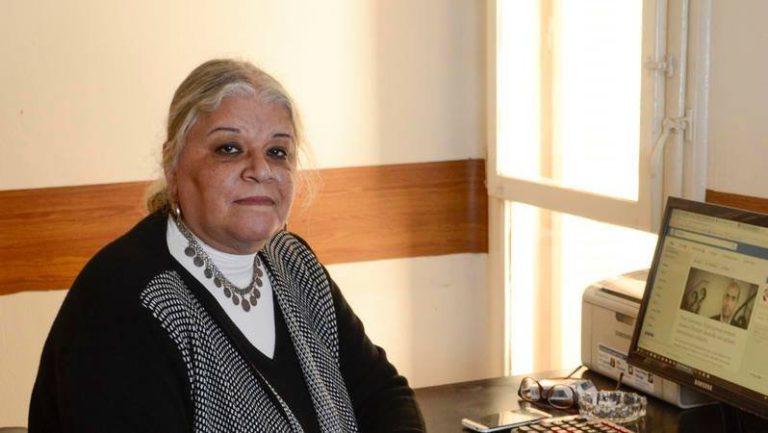Lack of official guidelines from Kyiv has left prison governors and staff in occupied parts of Ukraine with unpleasant dilemmas
The Russian occupation of parts of Ukraine confronts prison management and staff with unpleasant dilemmas, says Vadym Chovgan, Legal Adviser at DIGNITY. He gathers information about the situation in prisons and other places of detention in Ukraine.
»It is really not clear what you should do as a prison governor when the prison is under shelling or occupation. There are no good solutions. There are only bad solutions and very bad solutions«, explains Vadym Chovgan.
»Should you release the prisoners when the prison is bombed by Russians and their lives are in danger if they stay in their cells? Should you keep working even when the area comes under Russian control and you risk being prosecuted for collaborating with the occupiers? Or should you abandon the prison and the prisoners at the risk that they have nothing to eat?«, asks Vadym Chovgan.
Around 500 of Ukraine’s 4,500 institutions of detention have come under Russian occupation since the invasion on February 24th. These institutions include prisons, pretrial detention centres, police stations, psychiatric hospitals, institutions for juveniles and others. Only around 10 prisons were evacuated after the invasion when it became clear that they were likely to come under Russian occupation.
No guidelines
»The problem is a lack of guidelines from the Ukrainian Ministry of Justice«, explains Vadym Chovgan.
»You have to understand that a prison system is hierarchical. A prison governor can’t simply decide to evacuate or release the prisoners on his own. There should clearly have been guidelines about evacuation of prisons in case the enemy was approaching. Such guidelines were not issued despite the fact that Ukraine has previous experience with Russian invasion in the Donbas region and Crimea«.
Not only is there an absence of guidelines for evacuation. The national authorities also failed to provide instructions on how to deal with the situation when a prison comes under bomb attack.
»In my view, the gates should be opened in a situation when the prison is being shelled and the prisoners’ lives would be at risk if they stayed. But here, too, there is a lack of instructions. Nobody wants to take responsibility«, says Vadym Chovgan.
He adds that the national authorities could do more to ensure a fair treatment of prison staff by making it clear to them that they can keep their jobs and basic support and by acknowledging that some of them may not, at present, be able to escape to parts of the country that are under Ukrainian control
Riot in Kherson
The situation in prisons in the occupied parts of Ukraine is quite chaotic. In a pretrial detention centre in Kherson in occupied southern Ukraine the prisoners rioted as they were kept behind bars in prolonged pretrial detention without an official court decision as the Ukrainian court system in the region was out of function. The riot finally resulted in Russian special forces entering the detention centre in early May and killing a Ukrainian prisoner.
Under international law there is no doubt that the occupying power, Russia, is responsible for the prisons in the occupied areas. This includes making sure that the prisoners’ human rights are respected and that they have basic necessities, says Vadym Chovgan.





